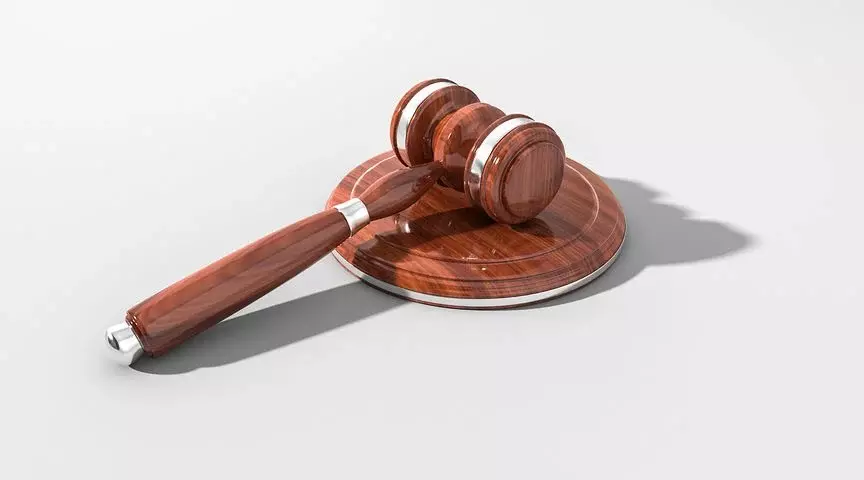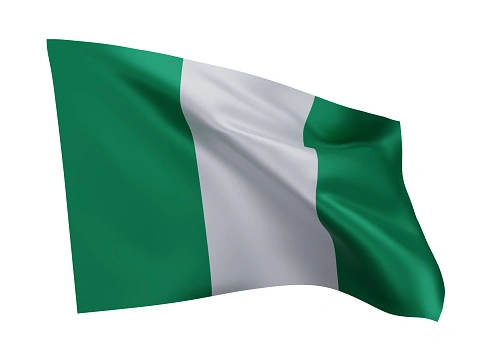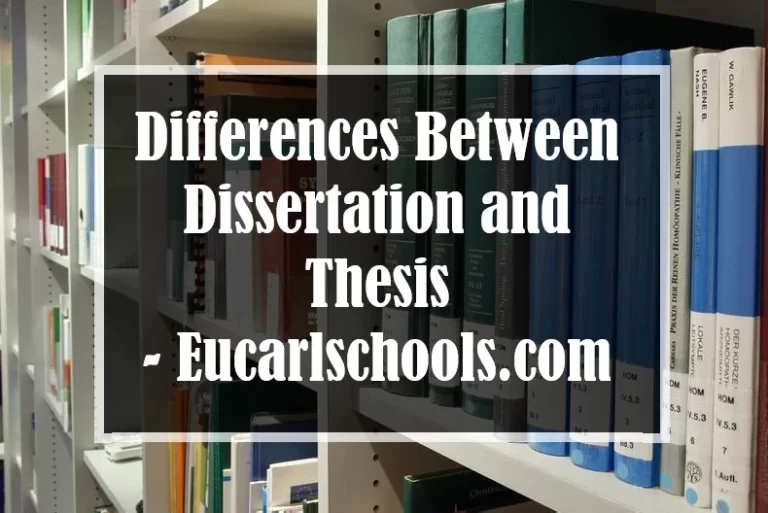The Top 8 Sources of Constitution
Across all countries, especially those countries where the tenets of the rule of law are upheld, the sources of constitution differ significantly. In some of these democratic nations, the constitution is an offshoot of historical events that happened in these countries, and in others, the nature of their independence forms one of the veritable sources of constitution.
However, while we can have different sources of constitution, there appear to be some sources of constitution that are shared universally by democratic countries worldwide. In this article, we would be walking you through as many as eight sources of constitution.
Bear in mind, also, that these sources of constitution are primary. There are many other sources of constitution, but the ones that would be listed in this article are the very ones the common person can relate to.
Eight Primary Sources of Constitution
Conventions
It would interest you to know that there are certain ethics that are observed in political circles that aren’t backed up by the law. Conventions are those kinds of ethics that those in the political scene, have agreed to follow.
For example, it is expected that when you as a political officeholder, have been implicated in any impropriety like theft, you ought to resign from the present office you are occupying. Not only do conventions serve as one of the major sources of constitution, but also, they provide a solid framework for the proper functioning of the existing constitution.
Traditions and Cultural Practices
Traditions are set of beliefs and practices that are confined to a particular group. Traditions become customs and cultural practices when they are both done by this peculiar group of people consistently and passed on to the younger generation of that set of people.
Interestingly, traditions have become one of the viable sources of constitution in Nigeria and the world at large. For example, according to many traditions, a man ought to marry a woman, more so, a witness must be present to authenticate their union. Do you also know that the first son inheriting his father’s inheritance was first a tradition?
Truth be told, there are certain traditions that are bad are have been outlawed, a perfect example being the case of female genital mutilation. Nonetheless, the good traditions which foster peaceful coexistence have been adopted and stand as one of the many important primary sources of constitution.
Judicial Precedents
As one of the major functions of the judiciary in Nigeria is to implement laws, historic court cases can serve as one of the strong sources of constitution in any democratic nation. These landmark cases where the judges made very key legal decisions have made a spillover into the framing of the constitution.
A typical example in Nigeria is the one between two former heads of state in Awolowo and Shehu Shagari or the legal tussles between the Attorney General of the then Bendel state and the Attorney General of the nation at the time.

Academic reviews and opinions
We have had immense contributions from academicians in law become one of the sources of constitution in many countries. These academicians conduct deep research on the existing constitutions and make evaluations that have proved invaluable in amendments made to the constitution.
Military decrees and edicts
In Nigeria, we have scenarios where there has been a legitimate and an illegitimate takeover by the military rule of government. During, a state of emergency, the military is called into action, and while the rationale behind this is to restore peace and stability, the constitution of a country is many times suspended and replaced with edicts and decrees.
Edicts are on a state government level. Decrees are on a federal government level. For example, the Land Use Decree of 1978 by General Olusegun Obasanjo is an example of military decree that was proclaimed to put an end to land tussles and at the same time served as one of the great sources of the constitution.
Acts of the Parliament
The jargon, Parliament is an adoption from the parliamentary system of government where the head of the government is the prime minister. Nigeria, having transitioned from the parliamentary system to the federal system of government has two houses which are the equivalent of parliament in the form of the house of the senate and the house of representatives.
The two houses are collectively known as the National Assembly. The National Assembly promulgates bills that upon ratification by the executive become laws. For instance, there was the Economic Financial Crimes Commission act which has become law.
National and International Conferences
Among the well-known sources of constitution, are conferences held locally and internationally? Such conferences are organized to thrash out national issues or even constitutional matters in a bid to foster national development.
The National Constitution Conference of 1994 is one of those conferences. It came at the heels of the infamous June 12 election that was annulled in 1993. Some issues like political zoning, revenue allocation, and even the idea of multiple vice presidents were brought to the table. Besides, the present 1999 Federal Constitution owes its creation to this said 1994 conference.
International Treaties
In the wake of certain political issues, countries can be thrown into a state of conflict, hence, why there are international bodies like the United Nations, and on a regional scale, the Economic Community of West African States, and the African Union.
Countries who wish to join these bodies which have attendant advantages for the member nations are bound by treaties or agreements. For example, member nations in the UN are bound by charters of human rights which member nations have to integrate into their constitution.
Constitutions of Other Countries
The British colonialists played a huge role in the Nigerian political sphere and that influence is seen even in the drafting of the Nigerian constitution.
It is also important you know that this isn’t just a Nigerian phenomenon. Many times, the constitution of countries are nearly a mirror image of the countries that colonized them.
Conclusion
So much has been said about sources of constitution, it, therefore, behooves us to be law-abiding citizens, and the way to do this is by respecting the constitution regardless of where parts of it were imported from as long as it aligns with our fundamental human rights.






